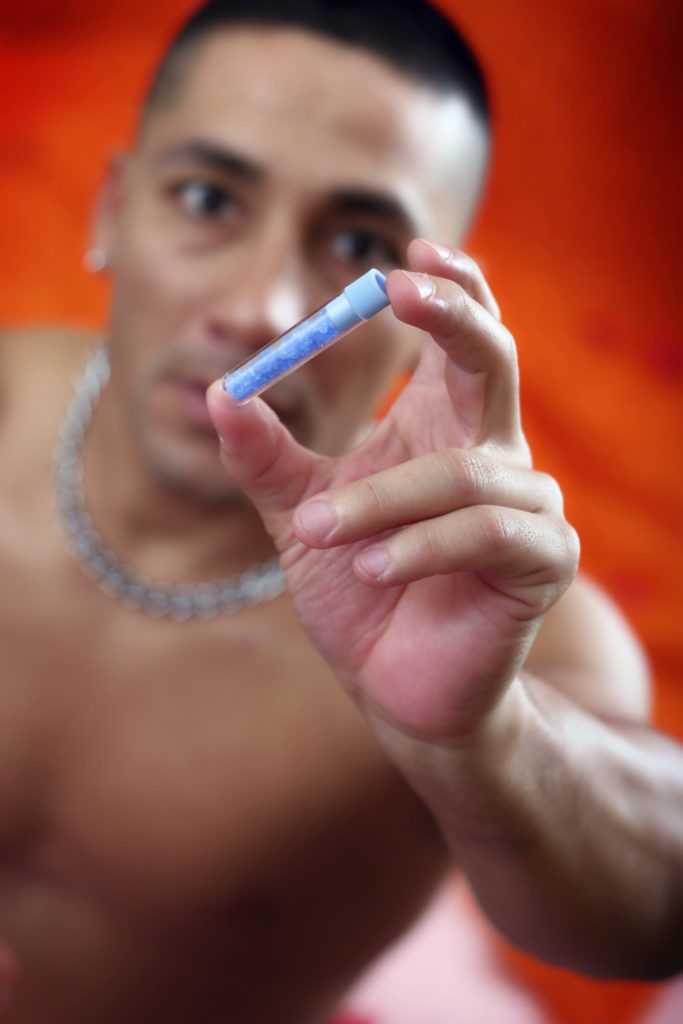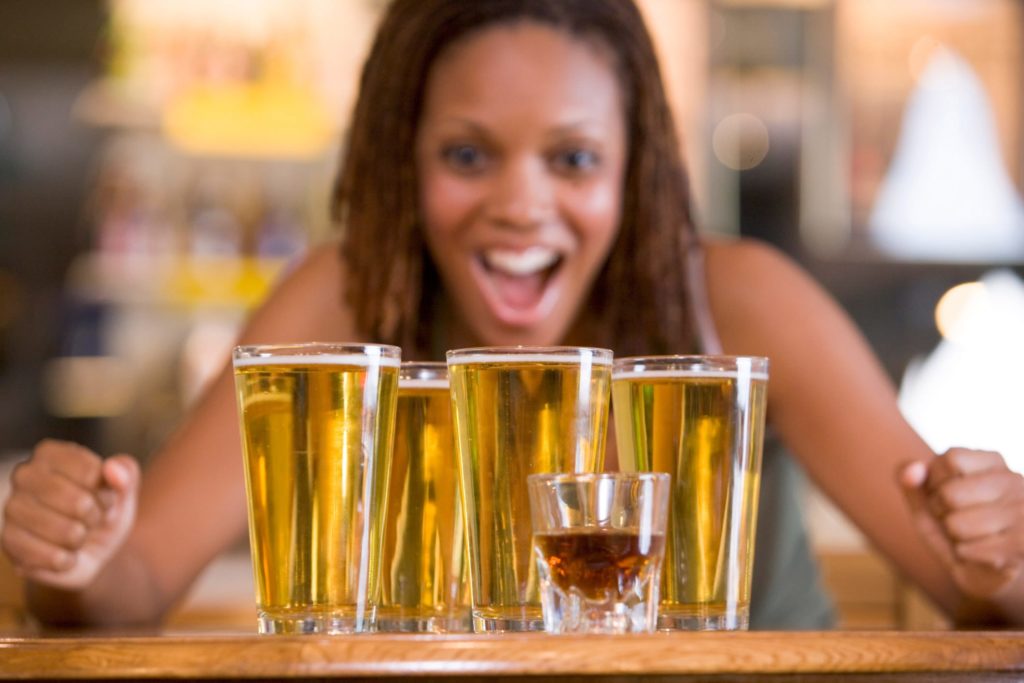Past sexual assaults make women on college campuses significantly more likely to suffer a future assault, according to new findings from the University of Buffalo Research Institute on Addictions (RIA). According to principal investigator Kathleen Parks, Ph.D., the RIA study began with the hypothesis that a sexual assault might put victims at greater risk in the future by causing more binge drinking as victims tried to cope with their trauma. However, they found that past assault on its own, whether or not it corresponded with an increase in binge drinking, was the strongest predictor of future victimization. The RIA researchers followed a group of 1,000 college women over the course of five years. During this time, the women’s drinking behaviors and their experiences of severe physical assault (with or without a weapon) or sexual assault (including rape, attempted rape and incapacitated rape) were studied. The results of the study were disturbing not only because they revealed the vulnerable position of women who had already suffered serious emotional and physical trauma, but also because of the degree of risk it revealed. These women were found to be three times more likely to suffer a future assault.
Study Does Find Increased Binge Drinking After an Assault
The researchers did discover an increase in alcohol consumption among women in the year after they suffered a sexual assault in college. Although this drinking did not predict future assaults nearly as strongly as past assault, it is still worrisome because of past studies that have linked drinking and sexual victimization. In May 2014, the University of Buffalo RIA published an expert summary of previous research on alcohol and sexual assault. Existing research has found that freshman year women who binge drink are more likely to suffer a sexual assault, and that sexual assaults are 19 time more likely to occur when a women has had four or more drinks. Despite the known connection between drinking and sexual assault on college campuses, the Buffalo RIA research strongly suggests that there is more at play than a simple vicious circle in which sexual assault leads to binge drinking which leads to more sexual assault. The results indicate that there are additional psycho-social factors that are contributing to the fact that so many women who suffer sexual assault are being victimized multiple times.
Concerns That a Focus on Binge Drinking Will Lead to Victim Blaming
In their expert summary of the connection between alcohol and sexual assault, the University of Buffalo RIA acknowledges that there are pitfalls when it comes to talking about binge drinking and assault. By connecting the actions of the victims (drinking) with increased incidence of sexual victimization, it can seem like researchers are blaming the behavior of the victims for the attacks they suffered. The RIA report is careful to state that, whether alcohol is involved in a sexual assault or not, “responsibility falls squarely on the perpetrator.” Nevertheless, the report also concludes that the statistics surrounding alcohol and sexual assault in college are too significant to be overlooked, especially in an age when sexual assault on college campuses is so pervasive and most campuses have been ineffective at addressing the epidemic. Furthermore, it is not only binge drinking on the part of college women that corresponds with an increase in sexual assaults. Men engaged in heavy drinking or binge drinking are more likely to commit sexual assaults, especially if they have certain personality traits—such as a lack of empathy or hostility toward women—that already make them more likely sexual assault perpetrators.






